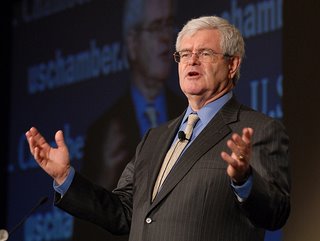Allina CEO Dick Pettingill was in
-In the current model, health care providers get paid for treating people in hospitals and clinics, not specifically for keeping people healthy so that they don’t have to go to a hospital. The system needs to have a model that provides incentive for keeping people healthy, not treating them in the actual building.
-He believes we can work on maintaining the health of the population by focusing on issues like childhood obesity and creating heart safe communities. He says that 20% of the population use the majority of the health care services because of chronic disease.
-Allina is spending $250 million on a new electronic medical record system that Mr. Pettingill says will be complete in 2007. The new system creates efficient health care services and hopefully at some time portability of electronic files from one medical institution to another. In the case of
-Mr. Pettingill states that he is part of a group working for a statewide secondhand smoke ban.
-It is expected that by the year 2010, 25% of the population will be on consumer driven health plans which will help in part push a new health care model.
Brad Meier
President/CEO
Your
Phone: 507-451-7970
Fax: 507-451-7972
email: bmeier@owatonna.org
Web: www.owatonna.org

